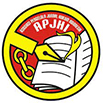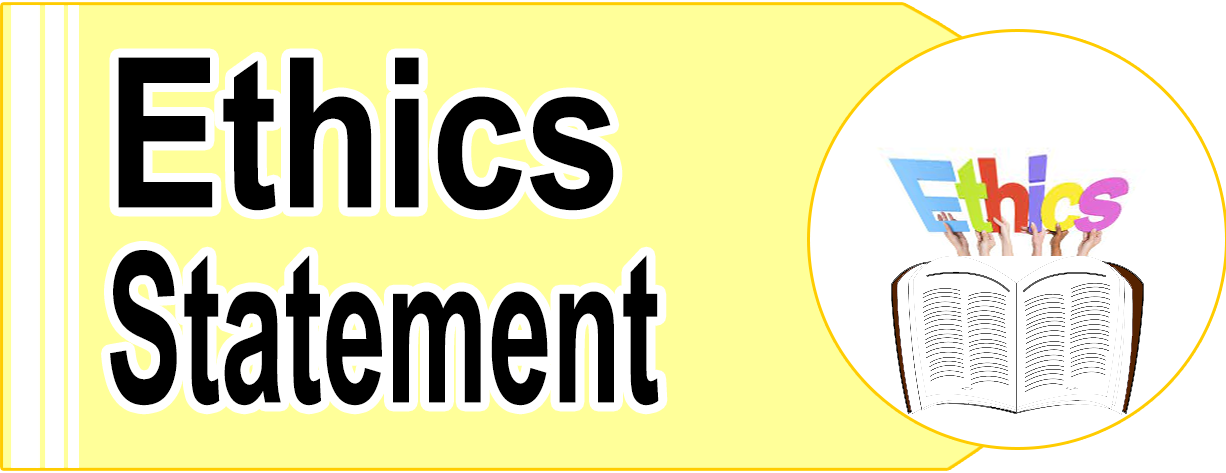Publication Ethic for Board of Editors:
Article publication in Sriwijaya Crimen Legal Studies (SCLS) goes through a Peer-Review Process which begins with a review of the journal template by the Editorial Board as follows:
- The Editorial Board, has task to examine and ensure carefully that the articles being reviewed must meet the Author Guidelines and Journal Templates.
- This process is carried out by a single-blind reviewer in stages to a double-blind reviewer.
- The Editorial Board is in charge of providing the results of the review or assessment results by filling out the assessment results form/assessment format.
- The Managing Editor is in charge of returning articles according to the review results from the Editors when the articles still do not meet the Author Guidelines and Journal Templates as well as publication ethics for authors.
- In the review process by the Editorial Team, an examination was also carried out related to checking similarity using Turnitin. The Managing Editor together with the Editor in Chief are in charge and responsible for processing articles that have met the requirements for evaluating the Author Guidelines and Templates with follow-up of the review process by reviewers, both internal reviewers and reviewers.
- The entire article review process by the Editorial Board is carried out electronically, and the editor is ethically in charge and responsible for maintaining the confidentiality of the entire review process, except for the interests of the author and the journal publication process in this journal. Unpublished articles may not be used in research and editorial publications without the written consent of the author.
- The Journal Editor's duty is to decide on articles that are appropriate for publication, taking into account the results of the initial review from the editorial team, the validity of the articles from the results of the reviewers, the benefits and contributions of the substance of the articles in the context of developing legal science for researchers, academics and practitioners, especially with regard to the development of legal substance both locally, nationally and internationally.
Publication Ethic for Reviewers
In this journal, all published articles go through a peer review process carried out by internal reviewers and external reviewers who have scientific competence according to the published articles. The reviewer is in charge of assessing the substance of the article, assisting the author through comments and input both related to the state of arts and other relevant substance components. The review process was carried out using a double-blind review. The ethical review process is carried out for the substance of the article, criticism and input are carried out objectively. Reviewers provide clear assessments, views and input that are supported by clear arguments.
The reviewer is tasked with assessing in detail and identifying the relevance of legal documents, concepts, theories and results of previous relevant studies that are used by the author to review and analyze. The reviewer is also tasked with identifying relevant reading sources or study results that have not been cited by the author. Each article reviewed by the reviewer is confidential which must be kept confidential, ethically correspondence related to the article for the author must go through the journal manager. The review process may not be carried out by the reviewer in the event of a conflict of interest with the author. Reviewers may not use the article being reviewed for their own purposes.
Publication Ethic for Authors
Authors who wish to publish their articles in Sriwijaya Crimen Legal Studies (SCLS) must follow the requirements as presented in the Author Guidelines and Journal Templates. Articles originating from research results must present their research methods clearly and accurately in accordance with the prevalence of research methods in the field of law. The data presented either in the form of tables, matrices or images must state the source. Dishonesty in submitting data and references is unethical behavior that will not be tolerated in this journal.
Regarding the originality, it is carried out through the Turnitin process and if the author uses the results of previous studies to support the article, it must be ensured that ethically the use of the cited work has been cited through the proper footnote mechanism. Authors may not submit the same article to several journals, and the same article that has been published elsewhere may not be submitted to this journal, because this action is unethical behavior. The names listed in the article as the authors are all the people who contributed to the article. Inclusion of the author's name that does not contribute to the realization of the article to be published is unethical behavior.















